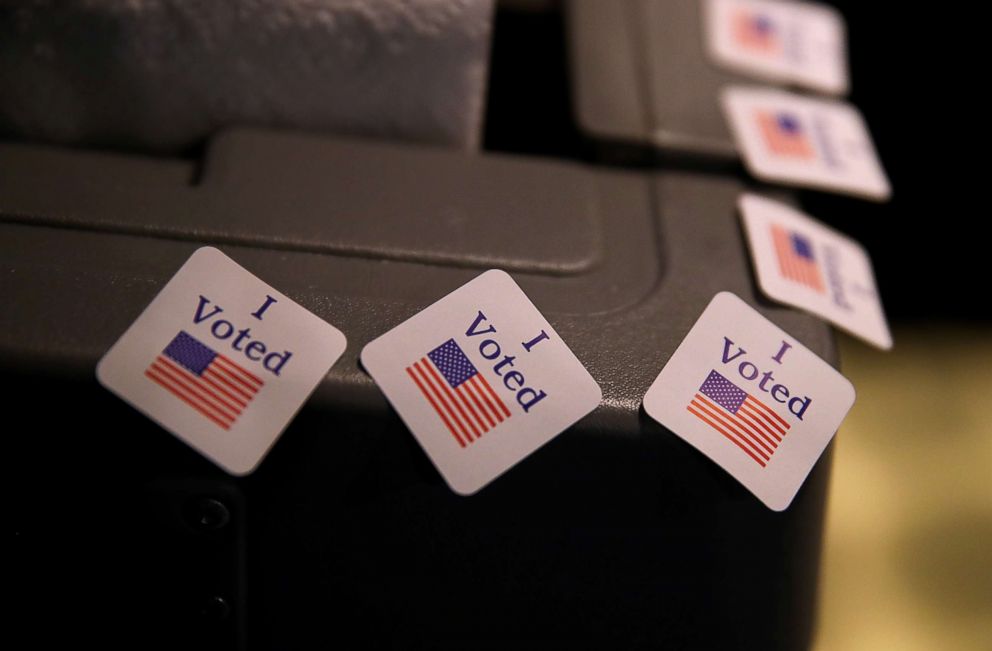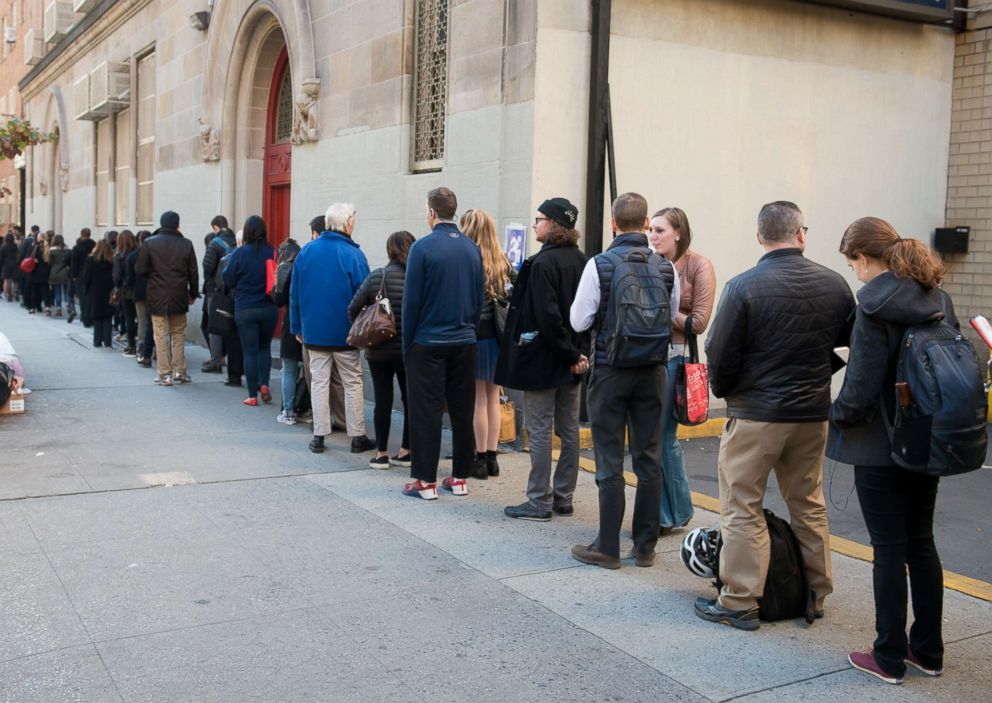Civil rights groups may seek emergency relief in Georgia voter registration brawl
Civil rights group says 80 percent of stalled applications were from minorities.
A coalition of civil rights groups may seek emergency relief to block Georgia's controversial "exact match" voter registration rules in time for next month’s midterm elections, Bryan Sells, an attorney for the coalition, told ABC News on Monday.
In a federal lawsuit filed on Thursday, the coalition claimed that a law implemented by Georgia Secretary of State Brian Kemp put over 50,000 new voter registration applications on hold because the registration forms did not exactly match data on file with government agencies.
Under the new law, even a missed hyphen or a nickname inconsistency can stall an application.
The plaintiffs called the law discriminatory, claiming that according to a preliminary review by the Georgia secretary of state’s office, 80 percent of stalled applications were from African-Americans, Latinos and Asian-Americans, and only 9.8 percent were submitted by applicants identifying as White.

Kemp is in charge of elections in Georgia and is also a candidate for governor. The controversy has become especially salient in this supercharged election season.
"They are faking outrage to drive voters to the polls in Georgia," Kemp spokesman Ryan Mahoney told the Associated Press on Sunday. "The 53,000 'pending' voters can cast a ballot just like any other Georgia voter."
The spokesperson did not immediately respond to a request for comment from ABC News.
The controversy heated up over the weekend when a college student confronted Georgia GOP Sen. David Perdue while he was campaigning for Kemp. The student accused Perdue of ripping the student's cellphone out of his hand in the midst of a video recording.
Perdue spokeswoman Casey Black said, "The senator clearly thought he was being asked to take a picture, and he went to take a selfie as he often does. When he realized they didn’t actually want to take a picture, he gave the phone back."
Kemp's opponent, Stacey Abrams, who could become the nation’s first black female governor, has accused Kemp of voter suppression.
"When you know what you're doing will have a disproportionate effect on people of color and on women, and you do it anyway that erodes the public trust in the system and that's problematic," Abrams said on Fox News on Monday.
An investigation by the Associated Press found that nearly 70 percent of the registration applications now in limbo are from blacks, even though only 32 percent of the state's voters are black.
"These numbers that have been reported in the media and that are contained in our complaint are dramatic and raise all kinds of red flags," said Sells.
The lawsuit could take years to resolve on the merits, said Sells, "but we are still considering our options for protecting voters in time for the 2018 elections." His clients might seek a preliminary or temporary injunction in the coming days, he told ABC News.

Richard Briffault, a law professor at Columbia Law School who is not involved in the case, said that it is hard to predict which side will prevail in court.
"There are no clear-cut rules on this," he said. "State agencies have wide discretion over how to deal with minor inconsistencies in the way people identify themselves, like using or not using a middle initial or nickname."
Briffault explained that if the rules are "tough across the board, you are less likely to see discrimination."
But "if the rules are racially biased," they might violate federal law, Briffault said. For example, courts might consider if the vast majority of new registrants impacted by these stricter rules are minorities.
For now, Georgia voters whose registrations are "pending" will not be able to cast a ballot by mail and could be removed from voter rolls if they do not vote in-person in this upcoming election, according to the plaintiffs. Applicants will have 26 months to "cure" their no-match result.
Sells hopes that potential voters are not deterred. "Most of these voters will still be able to vote if they show up to the polls with a voter ID," he said.




